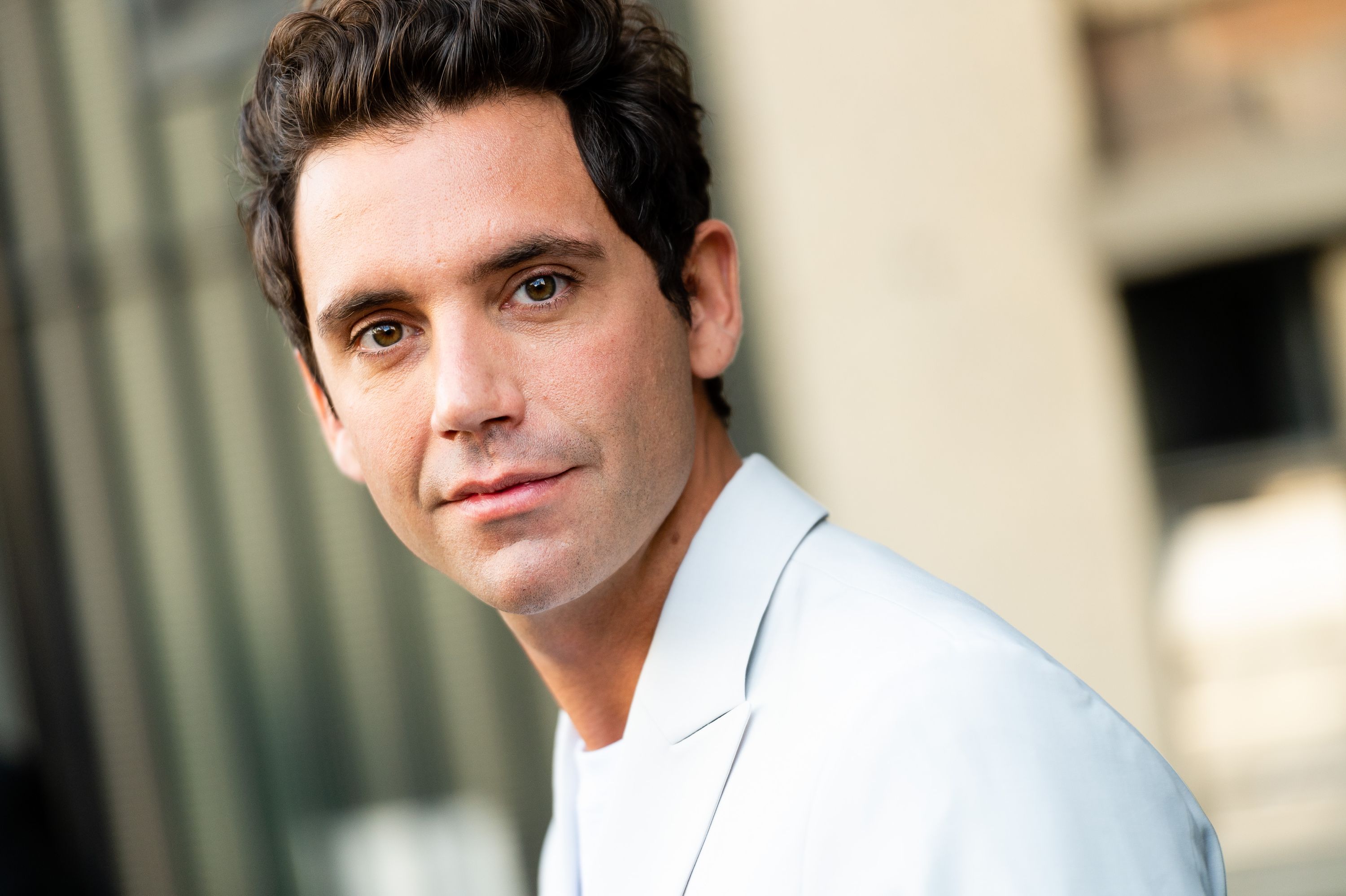The digital landscape has become an increasingly volatile battleground, where the pursuit of transparency often clashes with corporate or governmental opacity. When information emerges from the shadows, often through unauthorized channels, the subsequent ripples can evolve into powerful currents demanding accountability. The Bronwin Aurora leak represents one such significant disruption, igniting a widespread discussion about data integrity, ethical conduct, and the persistent societal demand for fairness. This incident has coalesced into a complex narrative where the initial act of disclosure has merely been the prologue to a much larger, multi-faceted struggle for equitable outcomes.
Editor's Note: Published on 17 May 2024. This article explores the facts and social context surrounding "10 things you need to know about the Bronwin Aurora leak and the fight for justice".
Origins of the Digital Disclosure
The genesis of the Bronwin Aurora leak can be traced to a collection of highly sensitive internal documents and communications pertaining to a prominent, yet previously undisclosed, global infrastructure project. These files, surfacing through an anonymous digital platform, unveiled a series of questionable practices, ranging from potential environmental regulatory bypasses to dubious contractual agreements impacting local communities. The sheer volume and specificity of the leaked data quickly positioned it as a critical touchstone for public interest groups, environmental advocates, and human rights organizations. Initial reactions varied dramatically, with the affected entity, widely understood to be a consortium of multinational corporations and state-backed investment funds, issuing swift and forceful condemnations, labeling the disclosure as a criminal act of corporate espionage. Conversely, watchdog organizations lauded the leak as a necessary act of public service, essential for bringing crucial information to light that official channels had failed to address.
"The Bronwin Aurora leak is not just about data; it's about the inherent tension between corporate power and public trust. When official oversight mechanisms falter, whistleblowers often become the last line of defense for ethical governance."
The Immediate Fallout and Public Scrutiny
Following the initial dissemination, the revelations embedded within the Bronwin Aurora files triggered an immediate and palpable public backlash. Media outlets worldwide swiftly picked up the story, dissecting the leaked documents and amplifying the most egregious findings. The controversy quickly transcended academic or specialized circles, permeating mainstream discourse as ordinary citizens grappled with the implications of the alleged misconduct. Reports detailed instances of critical environmental impact assessments being downplayed or omitted, alongside allegations of labor exploitation within the project's supply chain. Social media platforms became a critical arena for debate, mobilizing public sentiment and fueling calls for immediate investigations and rectifications. The speed with which these allegations were absorbed into the public consciousness underscored a growing global demand for corporate transparency and ethical operations, particularly concerning large-scale international projects. The leak also highlighted the vulnerabilities inherent in modern digital infrastructure, demonstrating how a single breach could unravel years of carefully constructed corporate narratives.
